Canadian Prime Minister Mark Carney has announced he will meet with Chinese President Xi Jinping this week on the sidelines of the Asia-Pacific Economic Cooperation (APEC) forum in South Korea, marking a significant step to repair one of the world’s most strained bilateral relationships.
The meeting—the first between the two leaders in several years—comes as Canada finds itself under increasing economic pressure from its closest ally, the United States.
Carney’s planned engagement with Xi is widely seen as a calculated pivot to diversify Canada’s economic dependencies after trade relations with the US reached a crisis point.
US President Donald Trump recently terminated all trade talks with Ottawa and announced an additional 10% tariff on Canadian imports, retaliation spurred by a controversial ad run by the Ontario government that criticised US protectionism. Speaking from Malaysia, Carney stressed the need to seek “reliable” partners, implicitly calling out the volatility of the current US administration.
The focus of the Xi-Carney dialogue is the “resetting of expectations” for the relationship, which has been frozen since the diplomatic fallout surrounding the 2018 detention of Huawei executive Meng Wanzhou and the subsequent arbitrary detention of two Canadians, Michael Kovrig and Michael Spavor.
The Canadian leader also plans to follow up on his recent meeting with Premier Li Qiang to push for an easing of travel restrictions and trade gains for Canadian agriculture, fisheries, and manufacturing, according to a Bloomberg report.
“We will pick up on the discussions I had with Premier Li in New York a few weeks ago,” he said, referring to a meeting on the sidelines of the UN General Assembly with China’s top official, Li Qiang.
Impact Shorts
More ShortsA crucial point of speculation surrounding the APEC meeting is Canada’s current 100% tariff on Chinese electric vehicles (EVs). Reports suggest that Canada is on the verge of lifting these tariffs, which were imposed in 2024 following similar actions by the United States.
If Ottawa removes the tariffs, it would represent a significant divergence from the US trade posture and could be key to thawing relations with Beijing. China had previously retaliated to the Canadian EV tariffs with duties on Canadian agriculture, including vital canola and pork products.
Business leaders and provincial premiers in Canada have been urging Carney to make a move that would ease the trade dispute with Beijing.
The Canadian government, by signalling a willingness to engage with China, particularly on the EV issue, is seemingly leveraging President Trump’s instability to secure its economic future against an increasingly unpredictable North American trading landscape, making a friend of President Xi in the process.


)

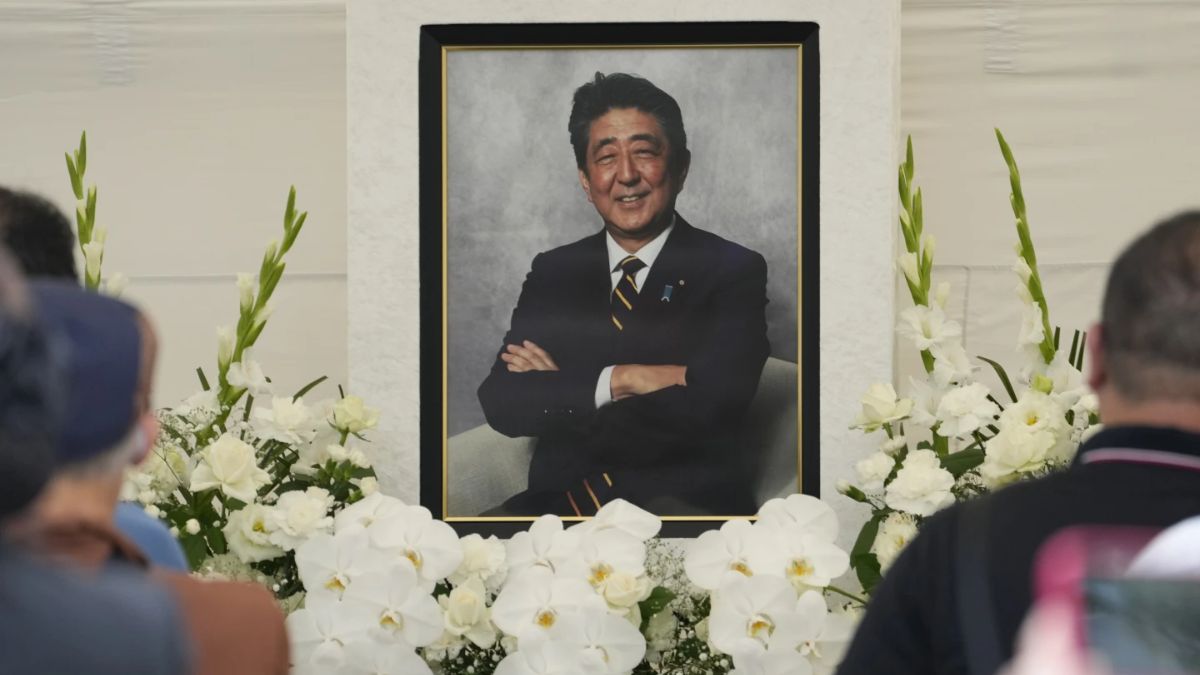)
)
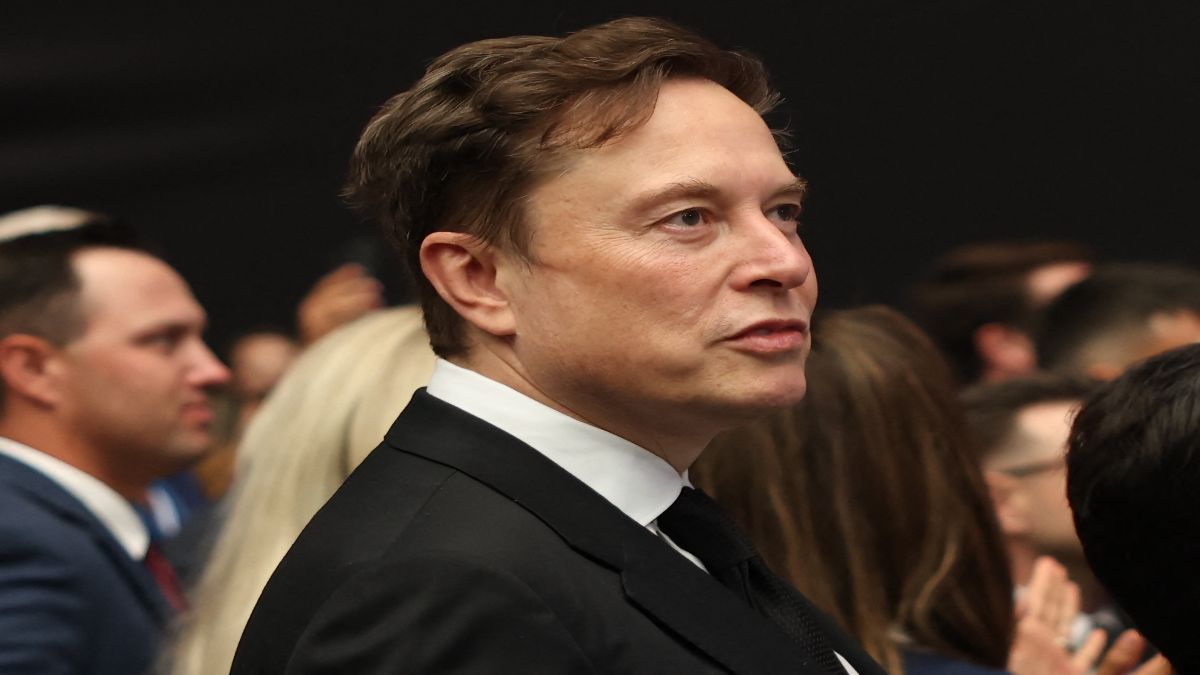)
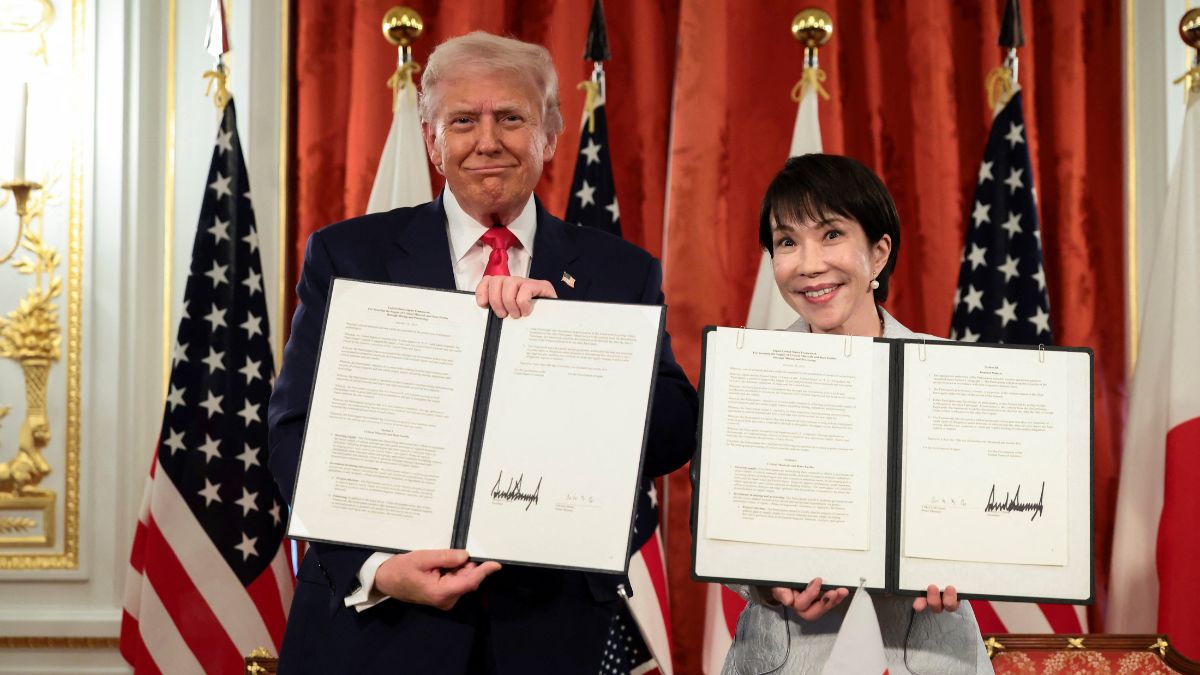)
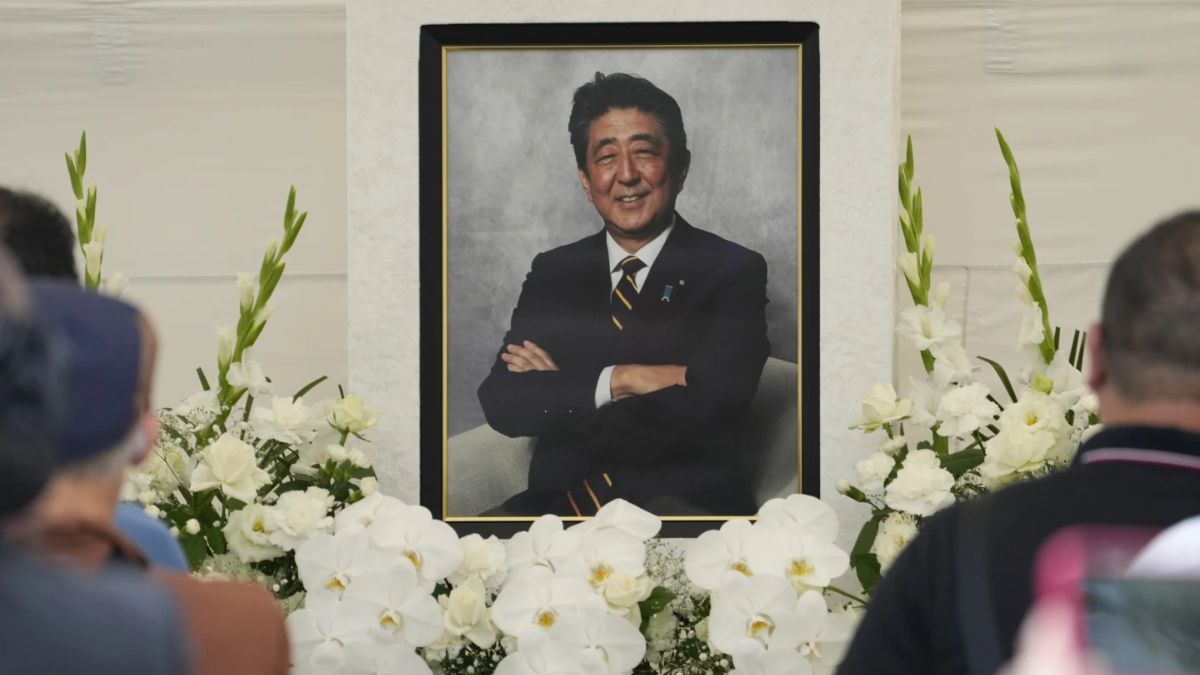)
)
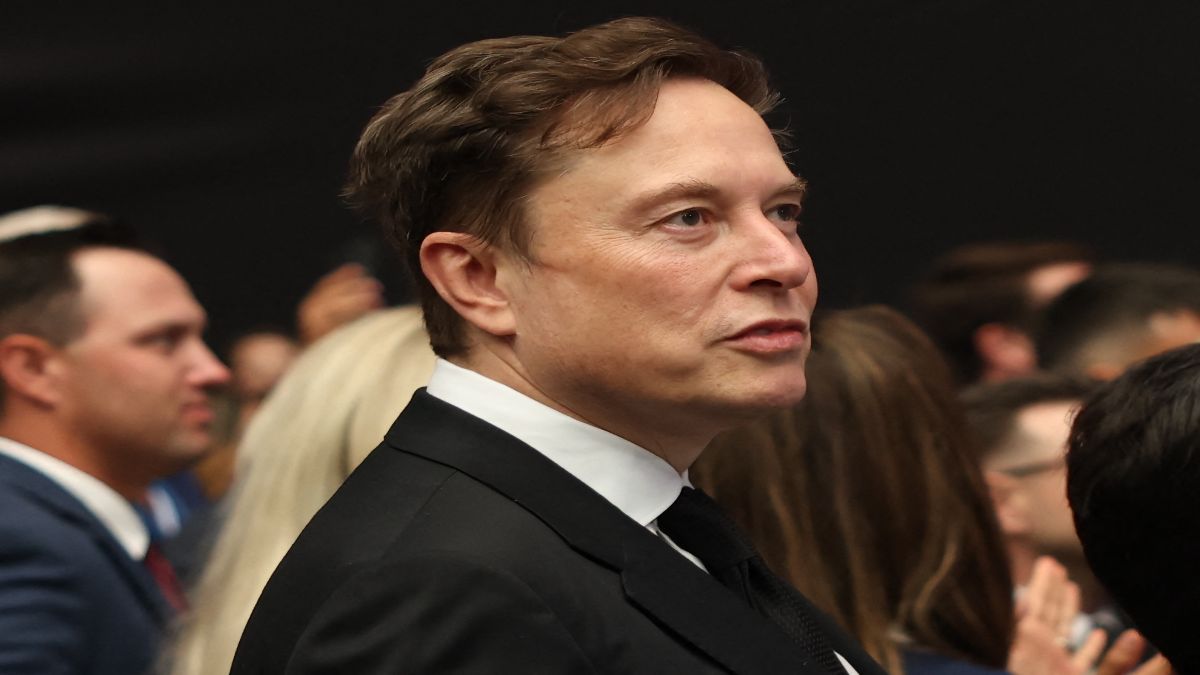)
)



